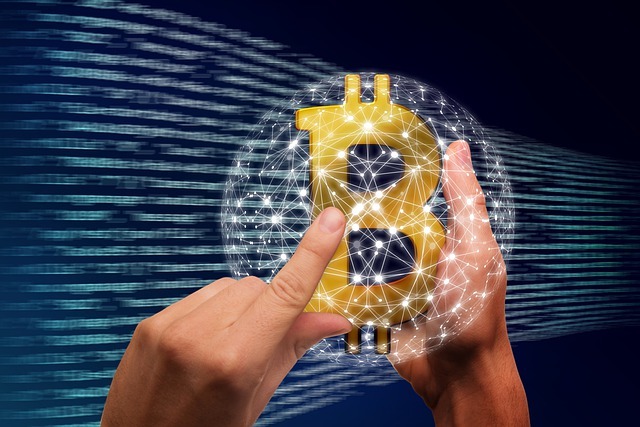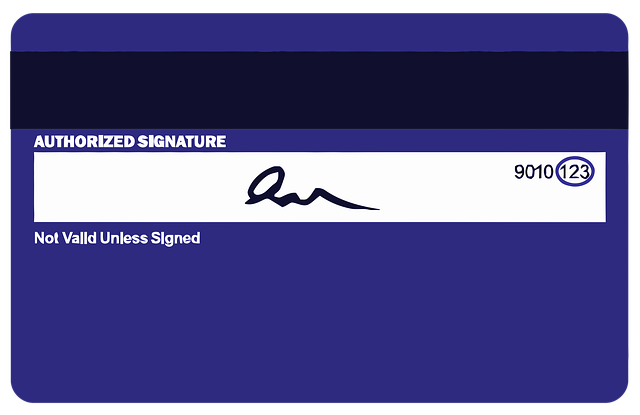The solar panels are atechnological invention that has revolutionized the generation of renewable energy by taking advantage of the solar energy, being in turn a clean and sustainable energy used to produce electricity.

Advertisements
These technological devices offer great benefits for domestic use, the environment and for the society in general, but as well as advantages, it also has its disadvantages, as described in the following board.
|
Advantages Advertisements |
Disadvantages |
| It is a renewable and sustainable energy. | It is not constant during the day, nor throughout the year. |
| It does not generate polluting effects. | You need a large outdoor area with sun exposure. |
| They can be purchased almost anywhere in the world. | High installation costs. |
| Produces electrical energy for domestic or business use. | limited power. |
| Generates savings in the short and medium term. | Negative visual impact. |
| Reduces dependency on the local electricity supply network. | Lack of information and technical support. |
| It's silent. | Large tracts of land are needed to generate electrical power on a large scale. |
| It does not require much maintenance. | It is difficult to manage waste from solar panels. |
| It has a long useful life. | The panel manufacturing process emits CO₂. |
Advertisements
As can be seen in the table, the implementation of solar panels has pros and cons, to improve the quality of life of people and the planet in general; To better understand what it is about, let's break down its advantages and disadvantages a little more, but not before knowing what this invention of technology is about.
In this article you will find:
What are solar panels?
solar panels, also known as solar panels or photovoltaic panels, are a technological device that take advantage of the sun's energy, through a system of photovoltaic cells that captures the small particles of photons that travel through solar radiation, to generate electric power.
Advertisements
These plates have integrated solar cells, which when there is sunlight works like a battery absorbing the energy, and releasing electrons that form a positive charge and a negative charge, to generate electrical energy.
Next to the solar panel system, a battery is connected that stores the electricity generated, so that it can then be consumed at the desired time, especially during night hours or low solar radiation.
Advertisements
Advantages and disadvantages of solar panels
Solar panels are very useful devices that simplify energy consumption in daily life, but before installing it, it is necessary to know the advantages and disadvantages that it entails, such as:
Advantages
It is a renewable and sustainable energy: By taking advantage of the sun's renewable and inexhaustible energy, the planet's resources for future generations are not compromised, making from this an excellent source of obtaining highly sustainable energy, therefore, you can take advantage of as much solar energy as possible possible.
Does not generate polluting effects: This is one of the great advantages of solar panels, since, unlike other energy sources, during the process of harnessing solar energy to generate electricity, CO₂ emissions are not generated, nor are other residues that contribute to the increase in global warming, producing a highly clean.
They can be purchased almost anywhere in the world: Solar panel supply stores are found anywhere in the world, therefore they are easy to shop for and buy; even with the globalization process it is possible to buy and receive them from anywhere, which The only thing that should be taken into account is that in the local market there are qualified professionals for its facility.
Produces electrical energy for domestic or business use: Solar panels can be used to generate electricity for both domestic and business use, even to produce power on a large scale, it all depends on the size of the panel, in general an average solar panel produces between 250 W and 300 W of power electrical.
But depending on the electrical consumption that is needed, as many solar panels as possible can be installed.
Generates savings in the short and medium term: Solar panels, although they imply a high initial cost of acquisition and installation, represent savings in the medium and long-term due to the significant reduction in electricity bills that implies the consumption of the electricity supply network local.
In addition, maintenance is quite economical, since it only requires periodic cleaning maintenance. to remove dirt from the panels, which may interfere with the energy absorption capacity solar.
Reduces dependency on the local electricity supply network: Once the solar panels are installed, the dependency on the local electricity supply network is significantly reduced, consuming only the electrical energy generated by the panels, if they have the capacity to produce all the kilowatts that are they need; although it is possible to use it as a complementary energy source.
In such a way that you can depend totally or partially on the panels.
It is silent: The operation of solar panels does not emit any noise, making these energy sources very comfortable for residential or business use, which does not generate any type of sonic distraction.
It does not require much maintenance: This technological equipment does not require constant maintenance in terms of the system, unless it presents failures, they only require eventual preventive maintenance by professionals to ensure their operation optimum; and cleaning maintenance to the panels to remove dirt, which can be done by the user himself.
It has a long useful life: One of the great advantages of solar panels is their long useful life, making them a very viable investment. as an alternative energy source, since these equipments are designed to resist the conditions of outdoor.
Disadvantages
It is not constant during the day, nor throughout the year: As we well know, the 24 hours of the day are made up of hours of light and hours of darkness, preventing the ability to generate energy continuously; even during some times of the year the intensity of solar radiation can vary drastically.
Hence, it is difficult to plan the kWh capacity to be produced.
You need a large outdoor area with sun exposure: In order to absorb photons from sunlight efficiently, solar panels need to be installed on a outdoor area, such as rooftops and patios, whose location allows them to receive direct solar radiation during all hours of light.
High installation costs: The purchase of a solar panel is not cheap at all, it requires a large initial investment that implies the acquisition of equipment, and the professional fees of the installation personnel.
Limited power: The panels, although they allow to generate electricity, they have a limited capacity to produce electricity. kilowatts, therefore, if more power is required to supply consumption, it is necessary to acquire more solar panels.
Negative visual impact: These panels, although they have a flat surface, each panel has a size of at least 1 m², located in external areas that can be seen with the naked eye, affecting the aesthetics of said areas exteriors.
Lack of information and technical support: Although the use of solar panels is nothing new, there is little information about them, and accessing good specialized technical support can be difficult in some locations.
Large tracts of land are needed to generate electrical power on a large scale: In many countries, solar fields have been created where numerous photovoltaic panels have been installed to supply electricity to the population.
However, they take up a lot of space, making it difficult to implement them in urban areas. Instead, open areas have been used with high solar radiation, such as desert areas, but require greater investment to distribute said energy to their places of consumption.
It is difficult to manage waste from solar panels: Once the useful life and functionality of the panels have expired, it is difficult to manage the waste of their manufacturing materials, especially toxic materials such as lead and cadmium, among other residues that, although they do not represent a direct risk to health, do need to be managed properly.
The panel manufacturing process emits CO₂: The generation of electrical energy from solar panels does not release carbon dioxide, but its manufacturing process does; Despite this, it is considered very viable and friendly to the environment, since throughout its life useful, CO₂ is not emitted, compared to the emission of polluting gases generated by other sources of energy.


